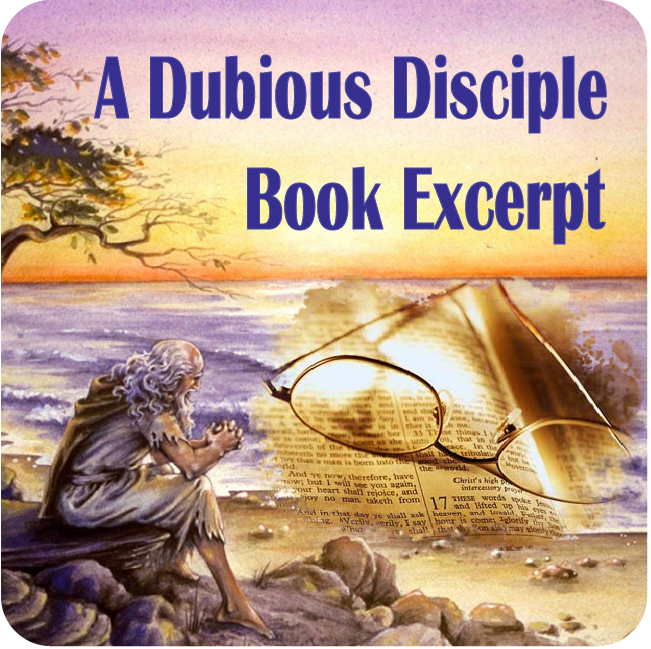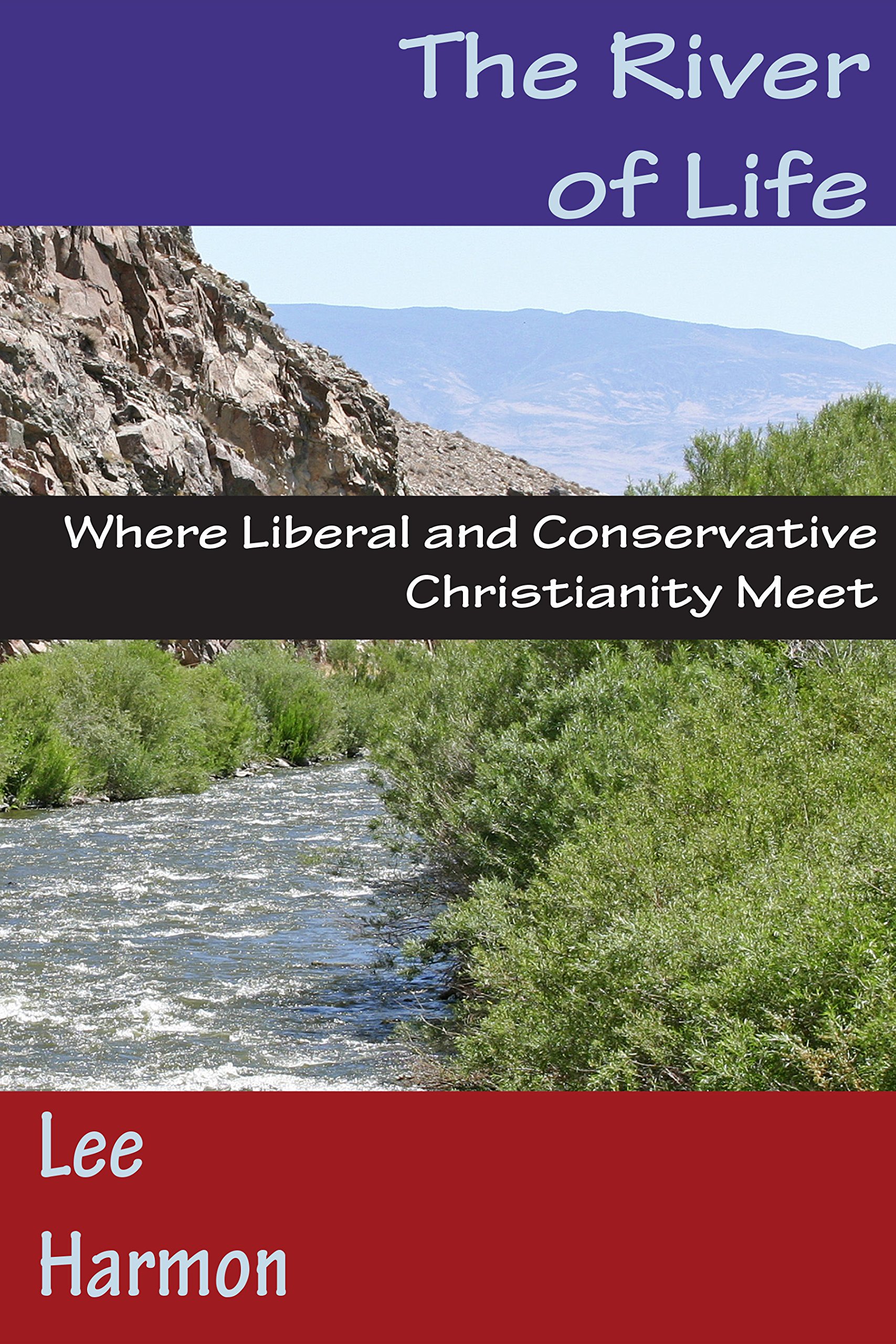Chapter 1: Heaven and Hell
It may seem strange that I begin my book at the end. Isn’t the afterlife more of a destination than a starting point?
Well, I’m not really starting here. I’m dismissing the topic up front as being of little importance to Jesus. Let’s get it out of the way.
What I hope to uncover in these pages is the kernel; the real gist of the gospel; the core message that Jesus taught. I think this core should be the focus of our Christian doctrine. When we put Jesus back in his first-century Judaic setting, the Bible reads very differently, and it’s this authentic picture that I hope to convey. The gospel is not about coercing people into heaven or rescuing them from hell. It is not about reward or punishment. It is about the arrival of a different kind of messiah, with an unexpected message.
For hundreds of years before Christ, Jews had dreamed of a rescuing messiah, someone to set the world right again. Someone with the authority and backing of God, who would introduce an era of righteous rule, and who would lift the burden of oppression the Jews had felt off and on for centuries. In this glorious new age, God would come down from heaven and dwell again with mankind. God’s Spirit—which had gone missing for hundreds of years—would again permeate the earth.
According to Christians, the anticipated Messiah came in the first century. The gospel is the good news of the Messiah’s long-awaited arrival two thousand years ago, and how everything—the whole world—would now be transformed under the rule of God. Heaven and hell are confusing, obscure topics that miss the point, and if we can’t set them aside, we’ll miss the point too.
The River of Life, by Lee Harmon
Copyright 2014, Energion Publications












 354 Circles
354 Circles
 603 Goodreads Friends & Fans
603 Goodreads Friends & Fans

 Hello! I'm an author, historical Jesus scholar, book reviewer, and liberal Christian, which means I appreciate and attempt to exercise the humanitarian teachings of Jesus without getting hung up on any particular supernatural or religious beliefs.
The Bible is a magnificent book that has inspired and spiritually fed generations for thousands of years, and each new century seems to bring a deeper understanding of life’s purpose. This is true of not only Christianity; through the years, our age-old religions are slowly transforming from superstitious rituals into humanitarian philosophies. In short, we are growing up, and I am thrilled to be riding the wave.
I avidly read all thought-provoking religion titles. New authors: I'd love to read and review your book!
Hello! I'm an author, historical Jesus scholar, book reviewer, and liberal Christian, which means I appreciate and attempt to exercise the humanitarian teachings of Jesus without getting hung up on any particular supernatural or religious beliefs.
The Bible is a magnificent book that has inspired and spiritually fed generations for thousands of years, and each new century seems to bring a deeper understanding of life’s purpose. This is true of not only Christianity; through the years, our age-old religions are slowly transforming from superstitious rituals into humanitarian philosophies. In short, we are growing up, and I am thrilled to be riding the wave.
I avidly read all thought-provoking religion titles. New authors: I'd love to read and review your book!
 Hi! While Lee writes the articles and reviews the books, I edit, organize, and maintain the blog. The views expressed here are Lee's but I'm his biggest supporter! :-)
Hi! While Lee writes the articles and reviews the books, I edit, organize, and maintain the blog. The views expressed here are Lee's but I'm his biggest supporter! :-)
Connect With Me!